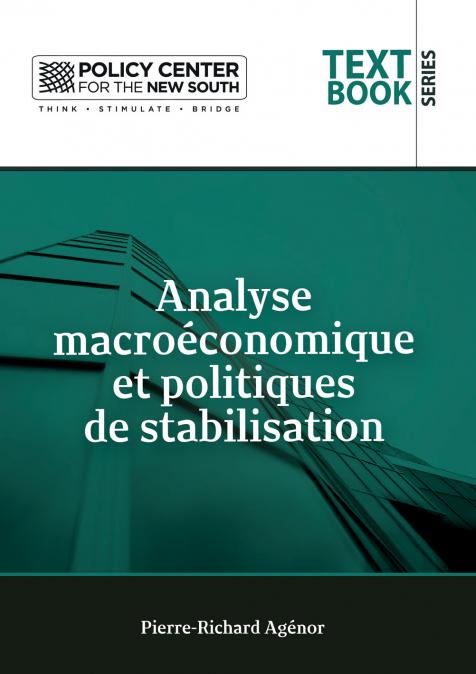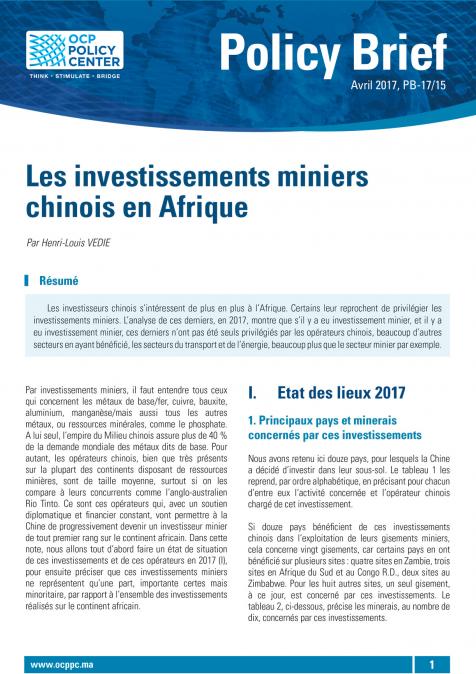Publications /
Book / Report
Text Book Series
L'importance de la stabilité macroéconomique et financière pour l'amélioration à long terme des niveaux de vie a conduit à un profond renouvellement de l'analyse macroéconomique dans les pays en développement, tant sur le plan analytique qu'empirique.
Pour la première fois, le présent ouvrage fournit au public francophone un traitement approfondi et rigoureux des questions actuelles liées à l'analyse et à la gestion macroéconomique dans ces pays. Cette macroéconomie du développement souligne la nécessité de prendre systématiquement en compte les principales caractéristiques structurelles des pays en développement pour l'analyse économique. La perspective sous-jacente est que ces caractéristiques jouent un rôle essentiel à la fois dans la transmission des chocs de politique économique et dans la réponse des agents aux politiques macroéconomiques. Il est donc indispensable de les prendre en compte dans la conception des modèles destinés à guider la gestion macroéconomique.






